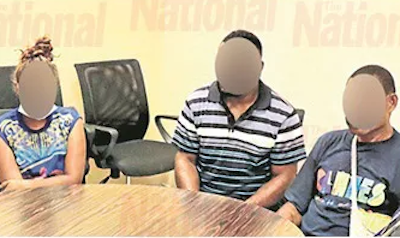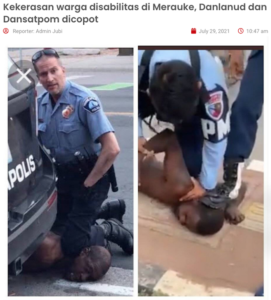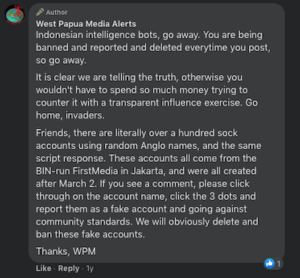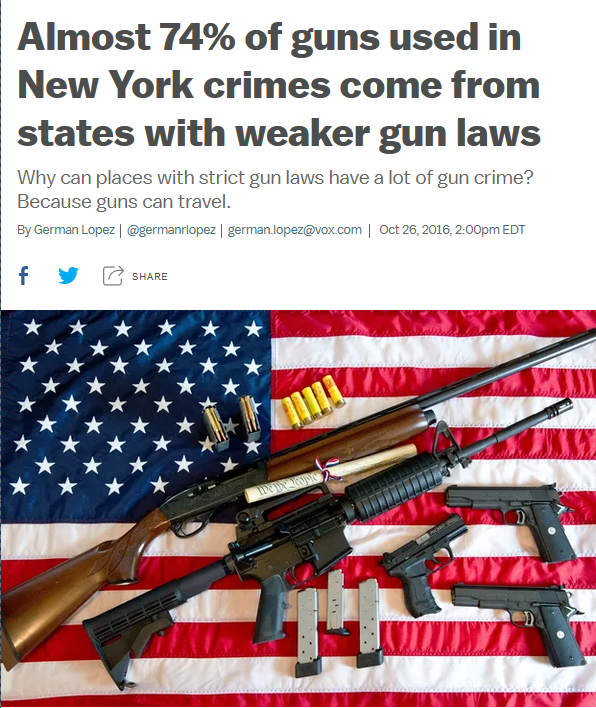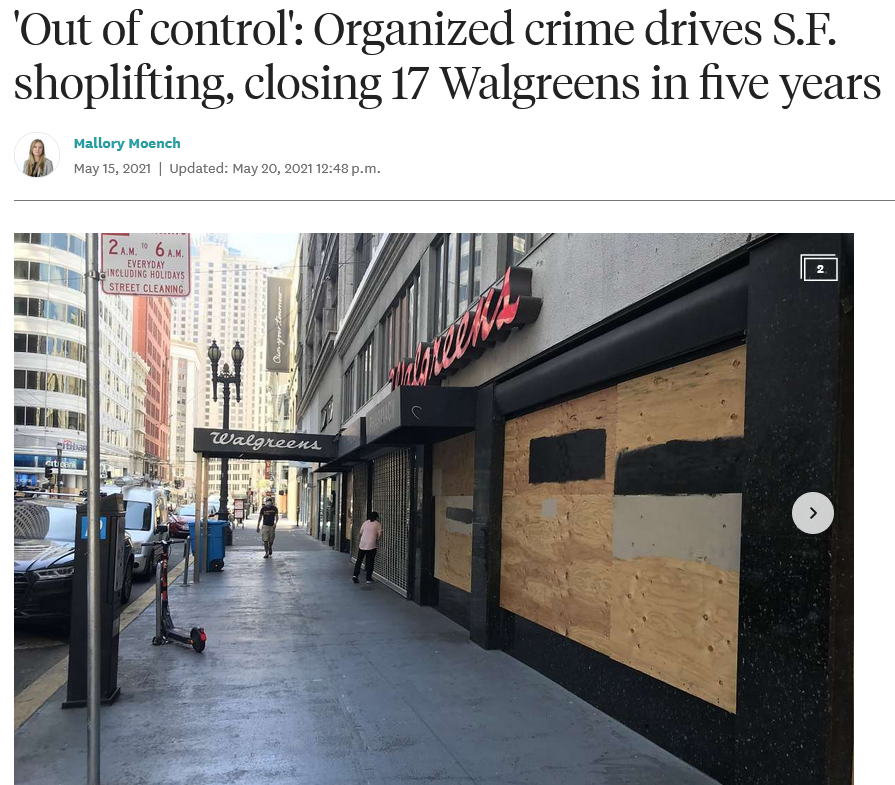Janine Jackson interviewed 18 Million Rising’s Bianca Nozaki-Nasser about anti-Asian bias for the July 23, 2021, episode of CounterSpin. This is a lightly edited transcript.
CounterSpin210723Nozaki-Nasser.mp3
Janine Jackson: US news media have given attention to an increase, over the last year or so, in anti-Asian bias, driven by a number of violent attacks on Asian Americans, many cases involving mental illness, with some assailants being explicit about their racist motivation.
Major media’s spotlight, like any spotlight, tends to flatten things out, to illuminate some things and leave others in shadow. Unfortunately, some of the underserved aspects of this problem include its broader historical context, and any ways to address it that don’t center law enforcement.
We’re joined now by Bianca Nozaki-Nasser. She’s a designer, media-maker and educator working with the group 18 Million Rising. She joins us now by phone from Los Angeles. Welcome to CounterSpin, Bianca Nozaki-Nasser.
Bianca Nozaki-Nasser: Thank you for having me.
JJ: Media coverage wasn’t a monolith, of course. But I’d like to just start by asking you what you made generally about US news media’s approach to the spate of anti-Asian violence, and the nature of the reporting that you saw.

Bianca Nozaki-Nasser: “To address anti-Asian violence at its roots, the US must reckon with the history of violence in our immigration policies, and the wars across Asia.”
BNN: Yeah. Earlier this year, we saw coverage that uplifted types of community vigilantism, made popular by celebrities like Daniel Dae Kim, Daniel Wu and Gemma Chan. We also saw calls from elected officials who turned to policing and hate crime laws as solutions to the attacks and discrimination.
However, we know that if funding the police made Asian Americans safe, we’d actually already be safe, because the US spends approximately $180 billion every year on policing and incarceration. And there’s so many layers to why people are vulnerable at this moment, are causing harm. But what we do know is that the anti-Asian violence that our communities face actually begins with state violence. For example, Biden can’t say, “Stop Asian hate,” and then deport a plane of Southeast Asian refugees.
While we are experiencing a surge of this violence in our lifetimes, we really want to note that we’re living through a continued history of persecution, discrimination and violence against Asian Americans. And in the United States, we know that it’s not just for Asian Americans but, for example, with the braceros program in 1942, Mexican farmworkers were forced to undress and be sprayed with pesticides. This was a state-mandated process that operated under the underlying assumptions that affiliated Mexicans with diseases or parasites and contamination. So this kind of pathogen racism is a part of our country’s history.
These racist responses to the spread of the disease are consistent with our country’s history of treating Asian Americans as a foreign threat. While Donald Trump’s rhetoric last year was inflammatory, it comes from a previous existing form of white supremacist, settler nationalism that the US pioneered to peddle racial fear, justify endless global wars, and exploitation and expulsion of people who are purposely depicted as “diseased” or “the enemy.”
So this is all to say that the root causes of anti-Asian violence are very complex, and we can’t expect that one single solution will repair all these harms. But to address anti-Asian violence at its roots, the US must reckon with the history of violence in our immigration policies, and the wars across Asia.
At 18MR, we see the issue of anti-Asian violence within the larger context of US policies and histories. Last year, as the pandemic was worsening, we created a project called “Unmasking Yellow Peril” that connects these histories to the current moment. You can access a free download of that resource on our website at 18MR.org.
JJ: Yeah, we just saw legislation which seems to have been the response: Joe Biden signs the Covid-19 Hate Crimes Act, and that was described by CNN as being passed by “a hyper-bipartisan group of lawmakers.” In other words, there was a tremendous amount of celebration about how everyone—except for, of course, some Republicans—was excited and was happy to sign this bill that is going to expedite Justice Department’s review of hate crimes, designate an official to oversee that project, make reporting of hate crimes easier somehow. USA Today called that a “win” for the Asian-American and Pacific Islander community. And what I’m hearing you saying is that, if that’s the response…that’s not a response; that’s not taking on board any of the context, or root causes, or systemic issues that you’ve just outlined.
BNN: Yeah, by focusing on individual hate instances—things like this legislation, and the #StopAsianHate hashtag frame—that means we can’t address the forms of systemic racism against Asian Americans that we just discussed. So when we really look at what’s going on, we have to ask, who or what counts as hate?
Many people that use the term “hate crime” to loosely mean a hateful or biased incident are not understanding that hate crimes have specific legal definitions that are regulated by the state. As Asian Americans, we refuse to use state definitions of racism and bias when the US is a major source of racism against us, especially when we know that the FBI’s own data on hate crime offenders actually reveal that these laws are used to disproportionately criminalize Black people.
JJ: Let’s get into that a little bit, about who’s being presented as the “harm inflicters” here. US corporate media have a long-held habit of promoting, or presuming, a wedge between Asian Americans and, in particular, Black people. I’m seeing this in talk around critical race theory, people saying, just as they did with affirmative action, “Asian Americans hate this,” or “This hurts Asian Americans more than anyone.” And it’s such a crude and ignorant understanding of the way that Asian Americans see themselves in the context of other marginalized people in this country. I wonder if you could just talk a little bit about that particular effort to drive that wedge?
BNN: Yeah, so these blanket statements about Asian Americans being high-performing or being separate from these larger issues, obscures the fact that Asian Americans actually have the biggest wealth gap in the state. So Asian Americans have the highest within-group income inequality in the country; the top 10% of earners make 10.7 times the income of the bottom 10%.
There are lots of Asian Americans. Southeast Asians are most frequently refugees from American wars, and are resettled in neighborhoods that have been historically excluded in resourcing. Southeast Asians, South Asians—these students are seriously excluded from educational opportunity, and then are masked because they’re categorized as “Asian”; they are least likely to have access to higher education, therefore more likely to be included in the school-to-prison pipeline.
We are advocates for data disaggregation. So there are 23 million Asian Americans here in the states, and they trace their roots to more than 20 countries in East, South and Southeast Asia. Each of them have their own unique histories, cultures, languages and other characteristics. So to say “Asian Americans are not included” puts all of this diverse community into a bucket, when people are really talking about maybe one particular group, or one particular income bracket of Asian Americans.
We also know that long history of that racial wedge between Asian Americans and the Black community has been a tool, over and over again, to create instability and prevent solidarity efforts. Janelle Wong, professor of Asian American Studies at the University of Maryland, College Park, recently released analysis that drew on previously published studies on anti-Asian bias.
We know the media continue to perpetuate myths about who is most likely to be violent or racist against Asian Americans, and the narratives we’re seeing on the news and social media are based in anti-Black racism and ableism instead of actual data. So Professor Wong found that the official crime statistics and other studies reveal that more than three-quarters of offenders of anti-Asian hate crimes and incidences—both from before and during the pandemic—have actually been perpetuated by white people, contrary to many of the images that we’ve seen circulating online. And we know that these kinds of racist tropes, and everything that comes along with it—especially that it’s predominantly Black people who are being shown attacking Asian Americans who are elderly—are just not true. There’s really no empirical basis on that.
And with regards to critical race theory: In 2014, we saw NYPD officer Peter Liang shot and killed Akai Gurley, a 28-year-old Black man who had been visiting his girlfriend, and to get his hair braided. Liang’s attorney claimed that the officer did not provide medical aid at that time because he was so upset. And we saw conservative Chinese Americans rally to support Liang, and not the Gurley family, whose activists were seeking accountability for the murder. We did have people in the Asian-American community supporting the Gurley family, and the lack of coverage of that shows that when we have media that aligns Asian Americans with the carceral state, it really perpetuates limits of organizing just solely around our identity as Asian Americans.
JJ: Right.
BNN: Instead, we know that our organizing is not just rooted in the fact that we are Asian American, but the fact that we have shared values across what we consider to be justice.
JJ: Yeah. And media coverage that does that isolation is really obscuring and erasing connections and community that actually exists.
Let me just draw you out a little bit more on the context of abolition as a response. As you know, I heard you recently in conversation with Collette Watson from Free Press, and you mentioned a project called Fertile Ground that is around these ideas that we’ve just been discussing. I wonder if you’d just talk a little bit about that work?
BNN: Yeah, thank you. I myself identify as an aspiring abolitionist, so I am constantly learning and understanding abolition as a movement.
JJ: Yes.
BNN: But we are explaining that abolition is a movement to end policing and incarceration. It’s a long-term process to reorganize our society and create systemic change so that prisons become obsolete. It’s the work to shift funding, resources, power and responsibility away from the police, and back into community-based safety alternatives. So abolition is not just about dismantling, but it’s also about creating. As Ruth Gilmore says, “Abolition is about presence, not absence.”
JJ: Not absence.
BNN: “It’s about building life-affirming institutions.”
So our team at 18 Million Rising created this project “Fertile Ground.” We do media-based organizing and creative media for political education. So we took a moment to think about this framing as “abolition as a generative future.” And we wanted to create something that spoke to the current moment of Asian-American organizing, and questions that people are having around “How do we keep our communities safe,” and provide an abolitionist framework for people to begin building their understanding and relationship with one another around these issues.
So the poster is 11 by 17. On the front are illustrations that I’ve done of different plants and flowers, that one of our organizers, who’s an herbalist, made these captions around the herbal healing properties of each flower, and what they teach us about abolition.
And on the back is an essay that was written by our organizers, discussing the current political moment in Asian-American organizing and Asian-American movements, and connects to the roots of abolition, people who have come before us—Sylvia Rivera, our friends at Red Canary Song who have been organizing sex workers—because we know those are people who are most vulnerable in our communities, that have been organizing around the police state for a long time, because they have never been protected by the police, ever, due to their profession and their identities.
So this is a poster that is beautiful to hang, but also can be read and shared. It’s available for print: We are selling it as a fundraiser for $12 on our store; all the proceeds go to SEAC Village, which is a Southeast Asian organization in North Carolina who do abolitionist work. But it’s also available for a free download on our website. You can get the entire PDF, but also read the essay online, with interactive links to additional resources.
JJ: Let me ask you, just moving from carceral or punitive responses: There have been some other things happening, and I wonder what you make of, for example, the state of Illinois now legislating that schools teach AAPI history. What do you make of that as a different way of addressing this set of concerns here?
BNN: Definitely. So last year, I mentioned earlier, our project Unmasking Yellow Peril—we wrote that in partnership with a professor from the University of Connecticut, Jason Oliver Chang. And he has done organizing in his own state around including Asian American and ethnic studies in high school curriculum.
And we look at anti-policing and this abolitionist work as just one tool in a toolbox to have people be grounded. Like we said, this Fertile Ground is a place for us to create understanding with one another. So we believe in using all of the tools in our toolbox to bring people to a place of understanding, so we can move forward together.
JJ: When I looked back at recent coverage, the theme of the news media coverage right now seems to be Asian Americans saying, “Now my mom carries pepper spray,” you know, or “I’m not sending my kid back to school.” The news media coverage is very much about fear, but then it just sort of stops there. And I wonder what you think better media would do? Are there examples of good or bad media approaches or tropes, things you’d like to see more or less of, as news media address this set of issues?
BNN: Definitely. I really want to uplift the Oakland Chinatown Coalition, who created the Chinatown Community Ambassadors Program in response to the increase in violent attacks on their communities. So while some people were calling for increased policing, this group came out to speak and represent themselves in their community, and say that they want to tell their own stories, and that as Asian Americans, they reject the increased policing in their community. And their alternative is to keep each other safe, and not only have this ambassador program to combat fear, but also 18MR and a lot of other grassroots organizations have been calling for community-centered solutions.
So instead of increasing funding and training for the FBI and other law enforcement, we have people who are calling for funding affordable housing, culturally competent mental health services, access to healthcare, community-based ambassador programs like this one. And all of this has been communicated in languages that our communities need.
In addition to the grassroots organizing work, I’ve seen someone like Jason Wu, who is a legal services attorney in New York City and an organizer, who wrote a great piece in Teen Vogue called “Hate Crime Laws Are Not the Answer to Anti-Asian Violence.” And he discusses why the use of the term “hate” misdiagnoses a problem in Asian-American communities.
Also, I would like coverage of people who are doing work to abolish ICE, and defund and demilitarize the police, because we know that this also works to end anti-Asian violence. We know the overflow of military-grade weapons used in imperialist efforts in Asia and beyond are then brought back into Black and multiracial, poor and working-class communities and used to police us. So all of this work is a multipronged approach to what is going on in our community now, that is beyond just fear-based responses.
JJ: Let me just ask you, finally: Your actual title at 18 Million Rising is “director of design and product,” and that has to do with the fact that 18 Million Rising does digital-first, or media-based, organizing. I wonder if I could just ask you, what does that look like? What’s the relationship of that to other forms of organizing? It sounds very 2021 to me, and very hopeful, but I’d like to hear you say: What does it mean to be doing media-based organizing?
BNN: Yeah, so we know that we have a huge Asian-American population in the United States. And while some Asians live on the West Coast, we have a population in the South, the Northeast and the Midwest.
But we are spread out over geography, and that means we’re not always connected to larger communities. And some of us may be living in isolation, or just with a few other Asian Americans. So 18MR creates community online, and that has helped Asian Americans close these gaps in geography or in generation.
And for us at 18MR, the internet is a place where we come together to create culture, in addition to responding to it. And in that way, we’re building power online, even if we’re not physically close to one another. We use our shared power online to create these spaces that build connection, community, and are in service to our larger movements for collective liberation. Some ways that we’ve done that are through training, so we always partner with grassroots organizations, and then ask what they need from us as a digital organization.
So last year, we held our Asian-American feminist network gathering at the Allied Media conference online due to Covid, and that was in partnership with the Asian American Feminist Collective in New York. Many of our attendees wanted to be a part of it, because they were often the only Asian person they knew and in their set of politics. And because the gathering was online last year, it was much more accessible for folks who otherwise may not have been able to physically present, or travel, or connect with people who have these same politics, and be in conversation with them. We also, again, partner with local grassroots organizations, and create campaigns and these partnerships that allow us to bring hyperlocal issues to a national audience.
And in regards to media-based organizing: We believe that media-based organizing is a collaborative process that utilizes media, art and technology in creative ways that can center community issues, much like what we did with Fertile Ground. And we use this kind of media as a tool for reaching individuals, communities and larger groups to advocate for the kinds of actions and solutions we’re hearing from our communities.
As a designer, what I teach my students is that designers don’t always have the answers, but we’re here to ask questions and collaborate with people who might have that information, and use art and design and technology to engage people creatively in ways that may have not been accessible to them before.
JJ: Thank you very much for that. We’ve been speaking with Bianca Nozaki-Nasser from 18 Million Rising; you’ll find them online at 18MillionRising.org. Thank you so much, Bianca Nozaki-Nasser, for joining us this week on CounterSpin.
BNN: Thank you for having me. It’s been great.
The post ‘If Police Made Asian Americans Safe, We’d Already Be Safe’ appeared first on FAIR.
This post was originally published on FAIR.

